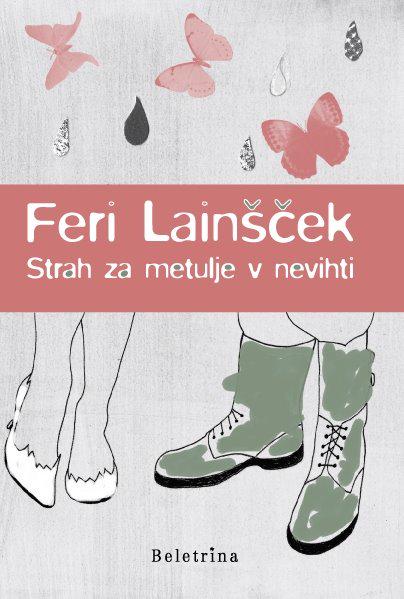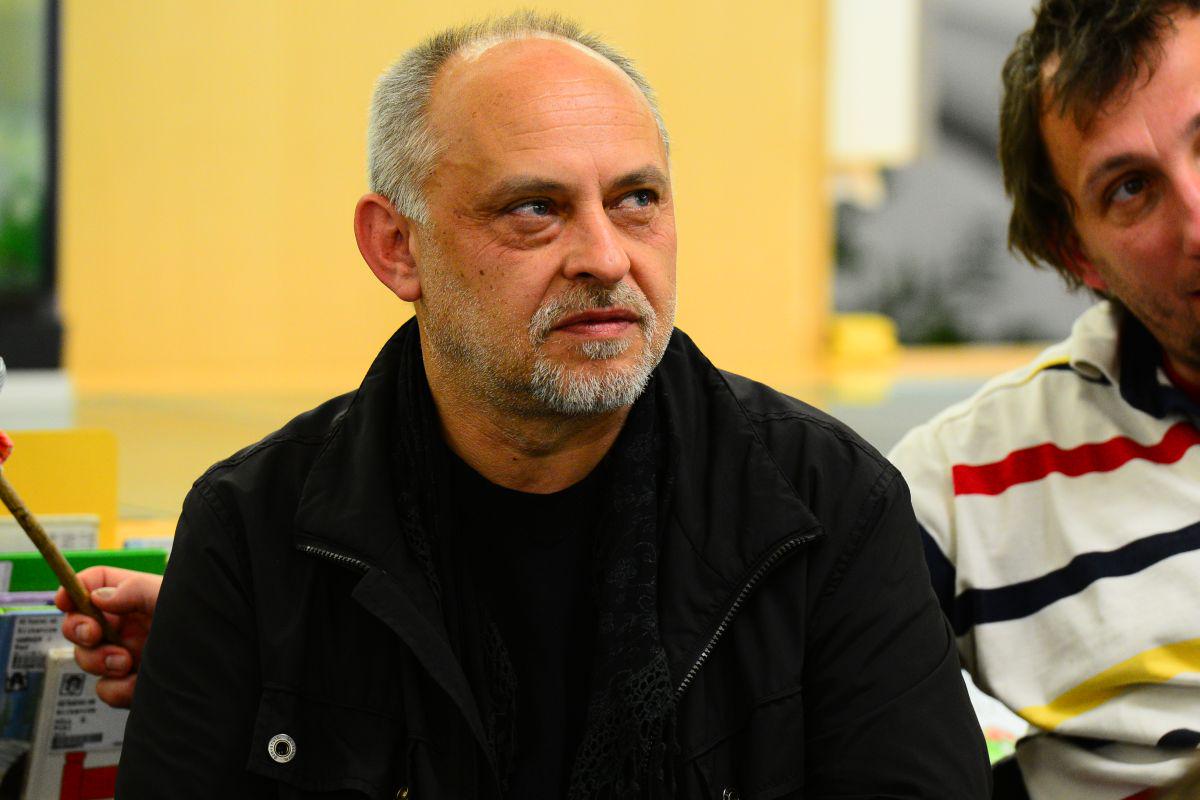
It was an attempt to interact with his readers and share what he had written almost in real time, but the final chapters will only be published when the book comes out this month.
Set in the 1970s, when Slovenia was part of communist Yugoslavia, and in 1991, during its brief war for independence, the plot follows a Slovenian student, Marko, as he serves in the Yugoslav People's Army in Serbia and falls in love with Ljiljana, a Serb from Belgrade. Some 20 years later, as communism is collapsing in Europe and Yugoslavia is falling apart, he will learn that Ljiljana gave birth to their child, a son she named Marko. Young Marko is now doing his own military service in the Yugoslav army, which has rolled out tanks to crush Slovenia's drive for independence.
The more than 2.000 readers who followed the novel on Facebook have yet to find out if father and son will meet, but Lainšček cautioned against expecting a happy ending. "My readers always want me to write a happy ending and I can only say I've failed once again," he told Reuters with a laugh, sitting in his cozy writing loft in Murska Sobota, a town tucked away in the northeastern corner of Slovenia.
"The novel is a metaphor for Yugoslavia's disintegration. Butterflies are the young men who fought in Yugoslav, Croatian, Serbian, Bosnian troops. The break-up wasn't happy, there were thousands of dead and the ending cannot be happy. So ladies, prepare your handkerchiefs."
Lainšček, 55, whose work has been translated into several languages including English, shared his views about the future of literature in the Internet age.
How did you decide to publish 35 chapters of your new novel on Facebook?
It was the idea of interactive engagement that tickled me. But, paradoxically, it became more akin to a classic literary supplement, except that supplements do not allow readers to comment. But even there, the readers did not really try to give advice or disagree or change the plot. They came to see this as a novel in instalments, or a TV series, and just continued reading and cheering for the heroes. So in the end there was not as much interactivity as I had hoped for. Some told me 'Wow, great marketing move', but for me it was about experimenting with this medium, with something new.
Do you plan any more web-based projects?
I really enjoyed this one so I don't think it's my last web experiment. I have written several popular poem collections. One of them sold 12,000 copies, which is a huge figure for Slovenia. I am tempted by the idea of putting sound recordings of my poetry onto the Internet. That's how I could transcend the boundary of written poetry. Through the Internet I can get close to the reader with my voice. It could be a recording, video-conferencing or live streaming of 'poetry evenings'.
Could the Internet spell the end of literature and books as we know them?
No. I have no fear because I believe in the story. The story is what matters, everything else is just a form, medium. Music survived the downfall of the CD and still goes on. Electronic media can only help the stories travel more efficiently... When I was a school boy, I used to read by the light of a kerosene lamp and my mom would say 'You'll ruin your eyes and you'll amount to nothing, all you do is read books'. Today moms tell their children 'You'll ruin your eyes and you'll amount to nothing. All you do is stare at the computer'.
How did you take up writing?
I did not become a writer because I read a lot but because I listened a lot. I come from a poor family where there was no electricity, no TV or radio or anything to connect us with the outside world. But fortunately my mom and dad were great storytellers and there were so many great stories. That's how I came to know that it is stories that explain how the world is made, what it's all about. Stories did not start travelling with Gutenberg, nor will they disappear at the end of the Gutenberg era. As long as they keep travelling, regardless of the medium, humanity will go on.
Zoran Radosavljevič, Reuters


































































